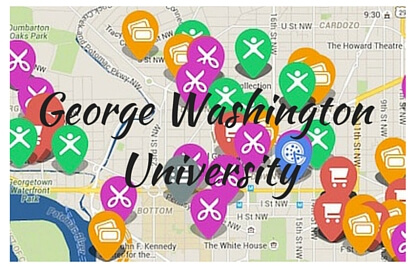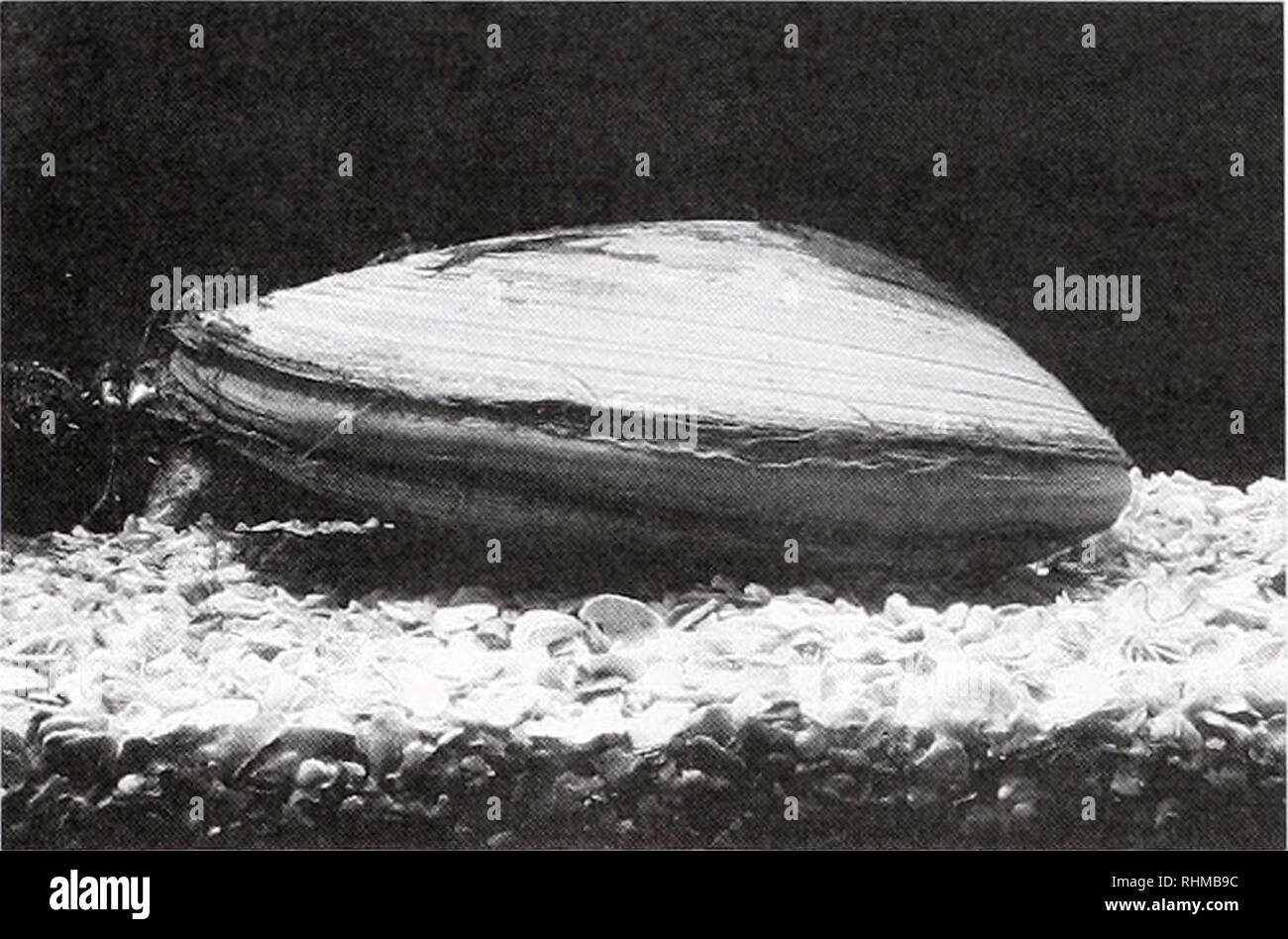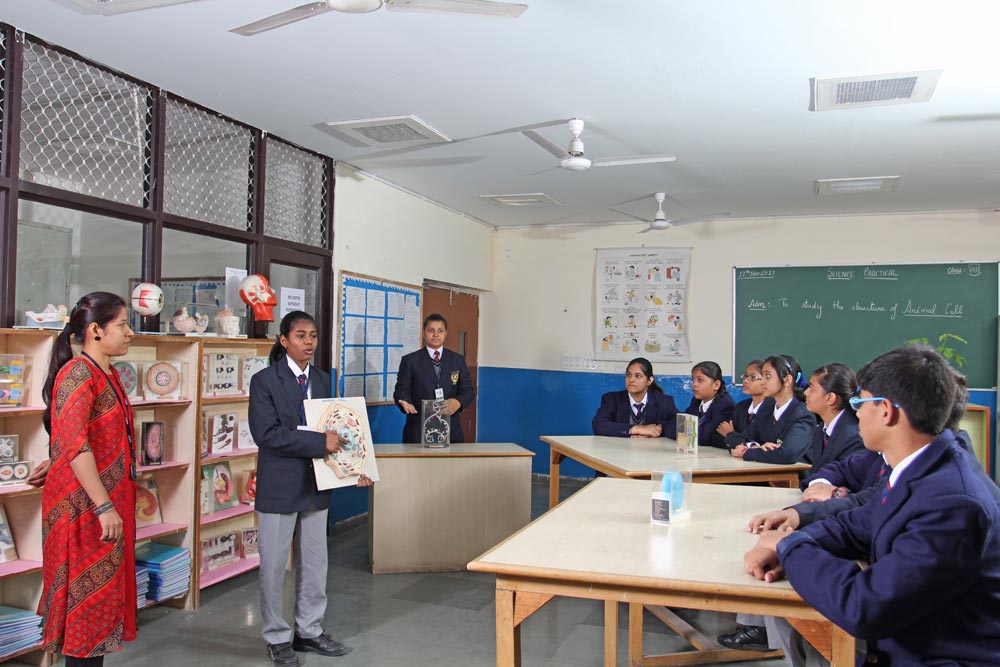
HSCI 6263: Biostatistics Clinical Translational Scientific Research (online) Seminars/Journal Clubs: Cancer Biology Courses:ĬANC 8222: Molecular Oncology and EpigeneticsĬANC 8998: Advanced Reading and Research Seminar CourseĬANC 8999: Dissertation Research Some Suggested Electives: grant-style qualifier and then work with their research advisor and the Graduate Program Directors to complete remaining Cancer Biology degree requirements, including the research dissertation. Following required laboratory rotations, students complete a. Further electives, career development coursework in scientific writing, oral communication, and research ethics and laboratory rotations are provided. In the second and third semester students add a comprehensive introduction to the conceptual and experimental underpinnings of cancer biology. The PhD in Cancer Biology begins with the interdisciplinary coursework in molecular, cellular, and systems biology and research rotations offered through GW’s Institute for Biomedical Sciences curriculum.

Students apply for this program at the end of their first year, with their mentor and cancer-related research. The two-year program for predoctoral students and postdoctoral fellows includes courses and workshops as well as a discovery research project leading to an independent research career. The GW Cancer Biology Training Program (supported by NIH T32 CA247756) is a prestigious dual basic/clinical mentorship program guided by expert cancer researchers and clinician investigators designed to prepare the next generation of outstanding cancer research scientists. Students have access to cutting-edge core facilities for flow cytometry, imaging, and computational biology as well as the Cell Enhancement and Technologies for Immunotherapy (CETI) lab, and state-of-the art GW Biorepository resource of biospecimens and clinical data to facilitate research on HIV/AIDS and cancer. An important focus for the Cancer Center is to address prominent health disparities in breast, cervical, colorectal, pancreatic, liver and prostate cancers faced by communities in the District of Columbia. Researcher labs are located on the 8th floor of the contemporary Science and Engineering Hall, in Ross Hall and other locations. The GW Cancer Center (GWCC) brings together cancer research, clinical cancer care, and cancer control/prevention and outreach initiatives at GW, and offers students a range of exciting research programs, seminars and retreats. The PhD program provides research training in areas reflecting GW faculty expertise, which includes the study of cancer signaling and checkpoint inhibitors, cancer immunology and immunotherapy, and molecular mechanisms of oncogenesis and metastasis, cancer genomics and epigenetics and the tumor microenvironment. We must embrace our differences, celebrate individuality, and strive for equity for all.The GW Cancer Biology PhD program is designed to equip the next generation of researchers with the knowledge, research training and leadership skills necessary to foster progress in the prevention, detection and treatment of cancer.

Our shared commitment to diversity, equity, and inclusion is only possible through the commitment from our faculty, staff, students, and alumni. We vow to honor inclusion through the acceptance of each member's background, ethnicity, gender identity, gender expression, sexual orientation, age, religion, physical difference, developmental difference and more. The College of Veterinary Medicine creates a community of learning that supports each individual member through respectful communication, honoring different beliefs, and practicing kindness.

We are committed to a diverse, equitable, and inclusive community. As an institution we pay respect and honor to the Palus people and the nation of Nez Perce as well as all the other Indigenous communities across the region where we have campuses and programs. Washington State University Pullman campus is located on the homelands of the Nimíipuu (Nez Perce) Tribe and Palus people.


 0 kommentar(er)
0 kommentar(er)
